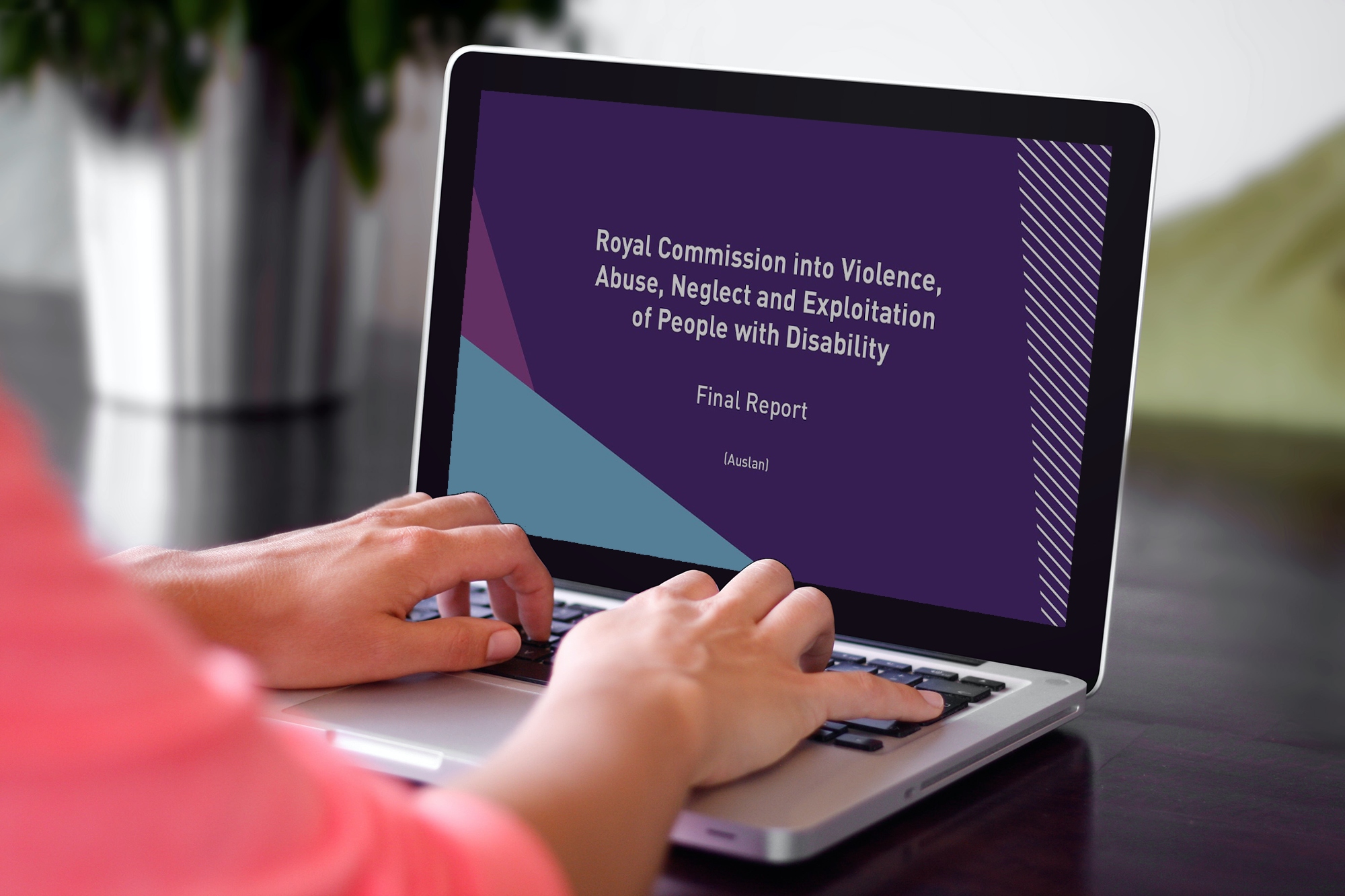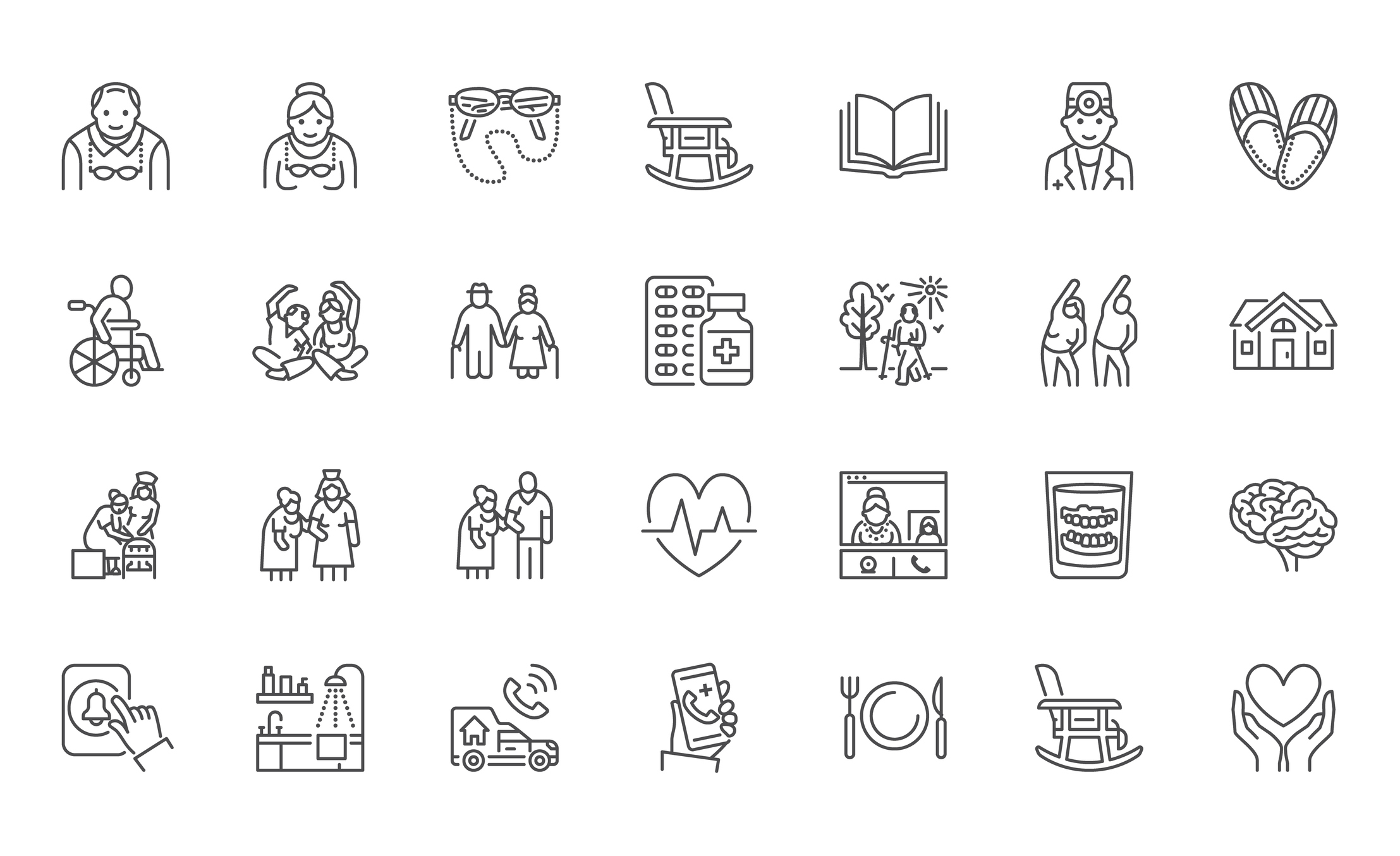The prospect of dealing with a case of COVID-19 in your aged care facility is a daunting one. However, preparation is key, and an effective response in the first 24 hours of an outbreak can mitigate the extent of the outbreak dramatically. Here’s why you should get a handle on your response plan now.
The Commonwealth Government Department of Health has released a fact sheet called First 24 hours – managing COVID-19 in a residential aged care facility. This fact sheet walks providers through the steps they should follow in their immediate response to the identification of a COVID-19 positive case. These steps are based on the Communicable Diseases Network Australia (CDNA) national guidelines for the prevention, control and public health management of COVID-19 outbreaks in residential care facilities.
The guidelines identify the following key steps providers should take, in the time periods as follows:
First 30 minutes
First 30 minutes
- Isolate and inform the COVID-19 positive case(s)
- Contact your local Public Health Unit (PHU)
- Contact the Department of Health
- Lockdown the residential aged care facility
Minutes 30-60
Minutes 30-60
- Convene your outbreak management team
- Activate your outbreak management plan
- Establish screening protocol
- Release an initial communication
Hours 2-3
Hours 2-3
- Contact tracing
- Identify key documents
- PPE stocktake
- Communication
Hours 4-6
Hours 4-6
- First meeting of the Outbreak Management Team
- Bolster your staff and plan your roster
- Conduct testing
- Clinical management of COVID-positive cases
Hours 6-12
Hours 6-12
- Cohorting and relocation
- Move to a command-based governance structure
- Rapid PPE supply
- Infection control
Hours 12-24
Hours 12-24
- Clinical First Responder from Aspen to commence
- Review advance care directives
- Establish strong induction and control processes
- Maintaining social contact
- Follow up communications
- Continue primary health care
- Support your staff
- Continue to monitor state/territory guidelines
Our First 24 hours self-assessment
We’ve built a self-assessment in SPP called Aged Care Facilities – COVID-19 Outbreak First 24 Hours, that follows each of the above steps in the Commonwealth’s guidelines. This self-assessment will serve as a useful tool to prepare your organisation for potential outbreaks. We have broken down the key steps into separate modules and quizzes, which providers can work through to help familiarise themselves with the processes they will need to follow in the event of an outbreak. By self-assessing against the guidelines, you can identify gaps in your existing systems, and download an Action Plan to address these gaps.
We strongly advise that you self-assess against these steps now, well ahead of any outbreak. Many of the processes required in the first 24 hours following an identified case of COVID-19, will need to have already been established, ahead of time. For example in minutes 30-60 of an outbreak, providers are asked:
“As part of an effective outbreak management plan, has the provider already drafted some pre-prepared email templates for this initial communication?”
Here, it is flagged for providers that they should have email templates prepared, in anticipation of any outbreaks.
Similarly in hours 2-3, providers are asked:
“Does the provider supply the following information to the PHU and the state branch of the Commonwealth:
- a detailed floor plan which include residents’ rooms, communal areas, food preparation areas, wings, and how staff are apportioned to each area;
- an up-to-date list of residents, identifying residents with COVID-like symptoms, onset date, testing status, their location in the facility, and staff contacts;
- a list of all staff employed by the facility; and
- a list of the respiratory specimens collected and the results of tests?”
This signals to providers what information they will need to have already collected and stored on record somewhere that is easily accessible, if this has not yet been done.
The self-assessment also links to some key resources developed by the Communicable Diseases Network Australia (CDNA), that will be very useful in the event of an outbreak, including a sample template letter to GPs, and a template report to the local Public Health Unit (PHU).
Our Respiratory Outbreak Preparedness self-assessment
We’ve also made available a self-assessment to guide providers through the components of an outbreak management plan. The self-assessment is based on recommendations from the Department of Health, the Aged Care Quality and Safety Commission, and the NDIS Quality and Safeguards Commission. See our earlier blog post on 6th May 2020 for more information.
Items to address in an outbreak management plan include:
- Identifying clients at greater risk and with complex support needs
- Business continuity plan
- Communication of the plan to staff, clients and families
- Preparing a staff contingency plan
- Maintenance of appropriate levels of necessary stock items
- Implementation of regular health assessments of clients and staff
- Preparation of a communications plan for keeping authorities, staff, clients and their families informed after an outbreak is identified
- Cleaning plan
- Plan to restrict visitors if relevant
Reviewing your practices against our First 24 Hours and Respiratory Outbreak self-assessments can help ensure your outbreak preparedness planning is up-to-speed, so that your facility is protected and well-prepared.
COVID-19 in aged care - outbreak management
Do you have a clear outbreak management plan? Are you prepared for the actions you need to take during the first 24 hours of an outbreak? Sign up to SPP to access our self-assessment, among many other resources.


